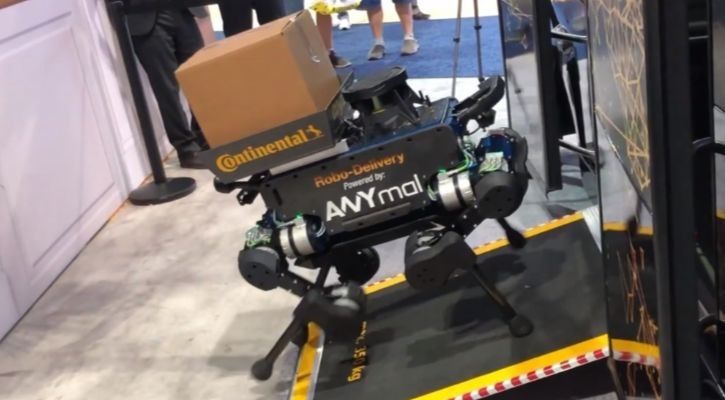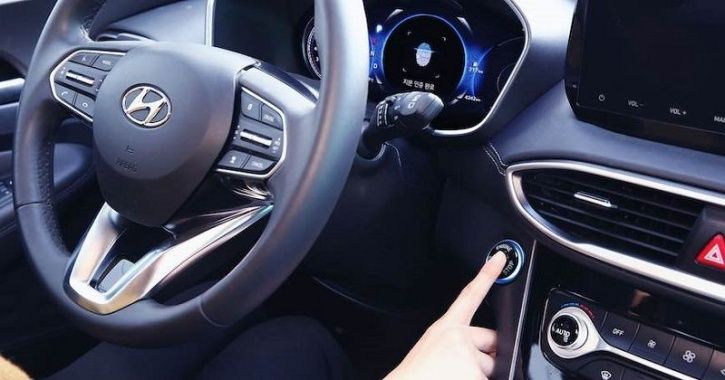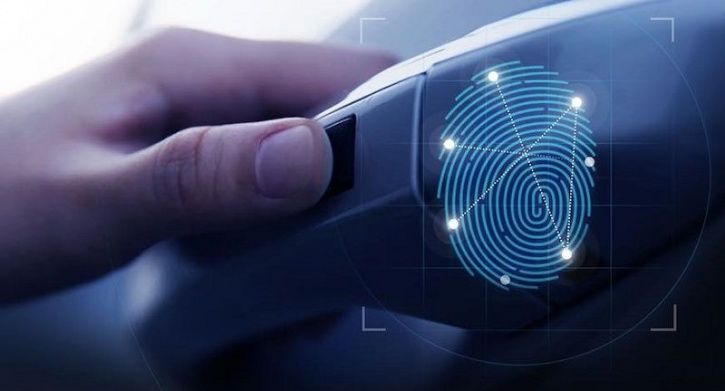We have a lot of portable devices capable of measuring things like our heart rate and fitness levels. When it comes to tracking internal health factors, however, it usually involves things like blood tests. This company wants to make invasive testing a thing of the past.
This Company Is Building In-Body Health Sensors Smaller Than A Grain Of Rice.
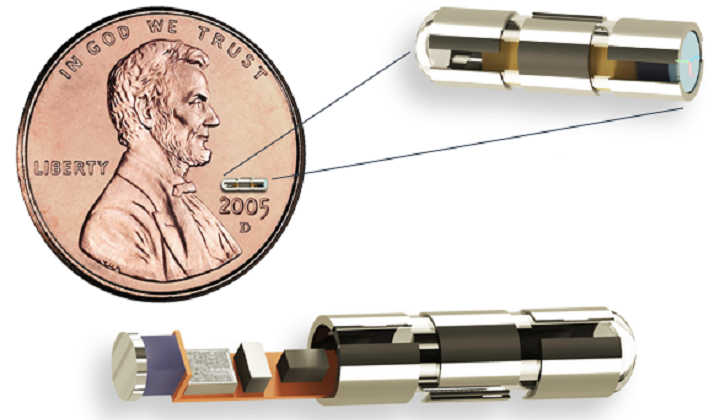
Iota Biosciences have an idea they think is exactly the solution. They've built biosensors just a millimeter wide, as tiny as a grain of rice, and they want to implant them into people.
The idea is that, instead of doing medical tests at a hospital when you're sick, you'll instead have a minuscule set of sensors in your body permanently. That way, your doctor just needs to wirelessly connect to them and download their data, and they immediately have all the data they need for a diagnosis.
A product of UC Berkeley, the team just received a $15 million Series A investment that should go a long way towards setting up their company. AT the university, co-founders Jose Carmena and Michel Maharbiz were working on improving microelectrodes when they came up with the idea. These are devices used in a number of medical treatments and research to monitor and stimulate nerves and muscle tissues. However, these microelectrodes aren't very small at all. In fact, since they're often connected to larger machines, they're only connected to a person's body for a few weeks at a time at most.
Their first attempt at building wirelessly connected and self-powered sensors that could live in the body involved radio frequency, but that hit a dead end. Eventually, they switched over to ultrasound. Because of its tiny wavelength, they could make antennae for it that could remain small enough for their purposes. In addition, the signals pass through all the different parts of the body, whereas RF could not.
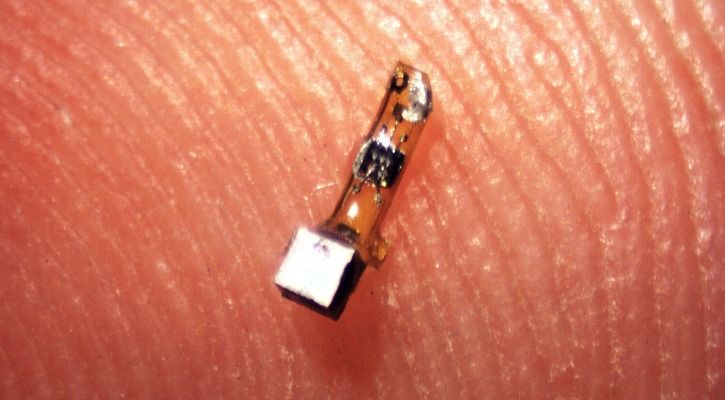
Iota Biosciences' chip is so tiny, it can be attached to a single nerve or muscle fiber. When it's on, the tiny electrical current the chip carries is affected by electrical activity in the tissue it's attached to, thereby giving the observer data on how active and healthy that nerve or muscle is. The main reason this is so exciting, however, is because all of this data can be gathered non-invasively.
It does, however, require to be approved by the FDA before this sort of hardware is approved. If it's passed, however, you can imagine people walking around with multiple of these all over the insides. And whenever they need to visit a doctor, a remote examination could be as effective as one in person, thanks to all the data at hand.
This Company Is Building In-Body Health Sensors Smaller Than A Grain Of Rice.

Iota Biosciences have an idea they think is exactly the solution. They've built biosensors just a millimeter wide, as tiny as a grain of rice, and they want to implant them into people.
The idea is that, instead of doing medical tests at a hospital when you're sick, you'll instead have a minuscule set of sensors in your body permanently. That way, your doctor just needs to wirelessly connect to them and download their data, and they immediately have all the data they need for a diagnosis.
A product of UC Berkeley, the team just received a $15 million Series A investment that should go a long way towards setting up their company. AT the university, co-founders Jose Carmena and Michel Maharbiz were working on improving microelectrodes when they came up with the idea. These are devices used in a number of medical treatments and research to monitor and stimulate nerves and muscle tissues. However, these microelectrodes aren't very small at all. In fact, since they're often connected to larger machines, they're only connected to a person's body for a few weeks at a time at most.
Their first attempt at building wirelessly connected and self-powered sensors that could live in the body involved radio frequency, but that hit a dead end. Eventually, they switched over to ultrasound. Because of its tiny wavelength, they could make antennae for it that could remain small enough for their purposes. In addition, the signals pass through all the different parts of the body, whereas RF could not.

Iota Biosciences' chip is so tiny, it can be attached to a single nerve or muscle fiber. When it's on, the tiny electrical current the chip carries is affected by electrical activity in the tissue it's attached to, thereby giving the observer data on how active and healthy that nerve or muscle is. The main reason this is so exciting, however, is because all of this data can be gathered non-invasively.
It does, however, require to be approved by the FDA before this sort of hardware is approved. If it's passed, however, you can imagine people walking around with multiple of these all over the insides. And whenever they need to visit a doctor, a remote examination could be as effective as one in person, thanks to all the data at hand.
